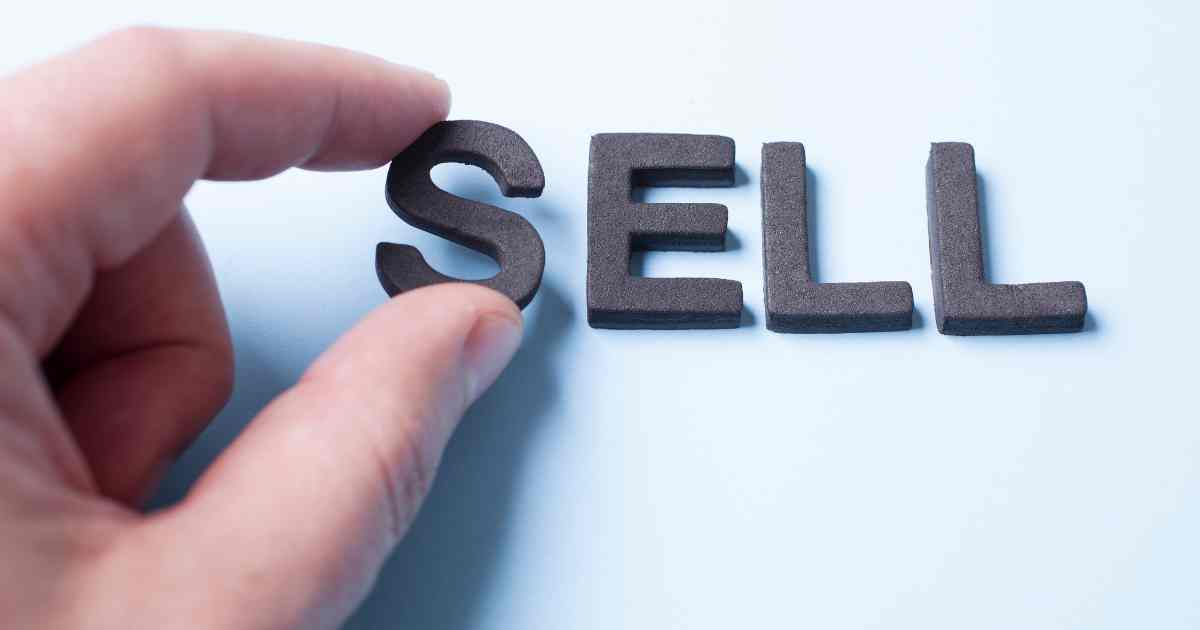
A difficult 2015 has given way to what is expected to be an even tougher 2016 for many SMEs in the country. From the weak Rand to drought and electricity constraints, entrepreneurs will have to walk a tightrope to make it through successfully. However, it is not all gloom as there are some positives we can expect this year as well.
SMEs can expect to receive more assistance from the government in terms of funding, advisory and tax relief, says Yudhvir Seetharam, Head of Analytics at FNB Business.
“Secondly, the ease of doing business will increase, especially the tender process (this had already begun in 2015),” Seetharam says.
SME South Africa speaks with Seetharam about what the negative and positives business owners are likely to expect in 2016.
The Good
Q: What do you see as the 3 significant positives SMEs are likely to experience in 2016?
- SME assistance – SMEs are likely to receive more help from the government and private institutions.
- Financial regulation easing – This will make is easier for SMEs to do business as well as facilitate a reduction in red tape in obtaining tenders.
- Greater exports supported by a weak rand – With a weaker rand, some goods produced in SA will see an increase in quantity. So, potential exporting type businesses will see higher volumes of exports. This, however, does not imply a higher value (given a depreciated rand).
Q: What can SMEs do to ensure they take advantage of these positives?
- Learn to bootstrap.
- Have innovative ideas compared to just good enough ideas.
- [Learn from] a mentor/large business in a similar industry (or in the same vertical supply chain).
Entrepreneurs need to understand basic business concepts before starting their own businesses. They need to have innovative ideas that can be implemented, along with enough startup capital. Financial institutions in South Africa are increasingly providing support in terms of educational workshops and even mentorship programmes that assist up and coming entrepreneurs to run a business successfully.
The Bad
Q: What are 3 significant challenges entrepreneurs are likely to experience this year?
1. A tough economic climate means that it’s more difficult for businesses to survive and thrive. Profit margins may decrease, causing business failure to increase.
2. Potential natural resource constraints – drought and electricity supply. The country will be forced to import more food commodities, such as maize, pushing up inflation. Inflation will have to be countered with higher interest rates. [The effect on SMEs will include] lower sales and higher expenses (cost of sales, insurance premiums, replacement of goods).
3. Investor confidence will remain low. This could mean less international investments, lower overall confidence in government policy, leading to potential issues on risk downgrades. It is up to both government and private institutions to boost confidence.
Q: What can SMEs do to protect themselves against these challenges?
These are all factors beyond the control of SMEs. However, the best thing that SMEs can do is to ensure that cash flow is managed adequately when the business is going through tough times.






